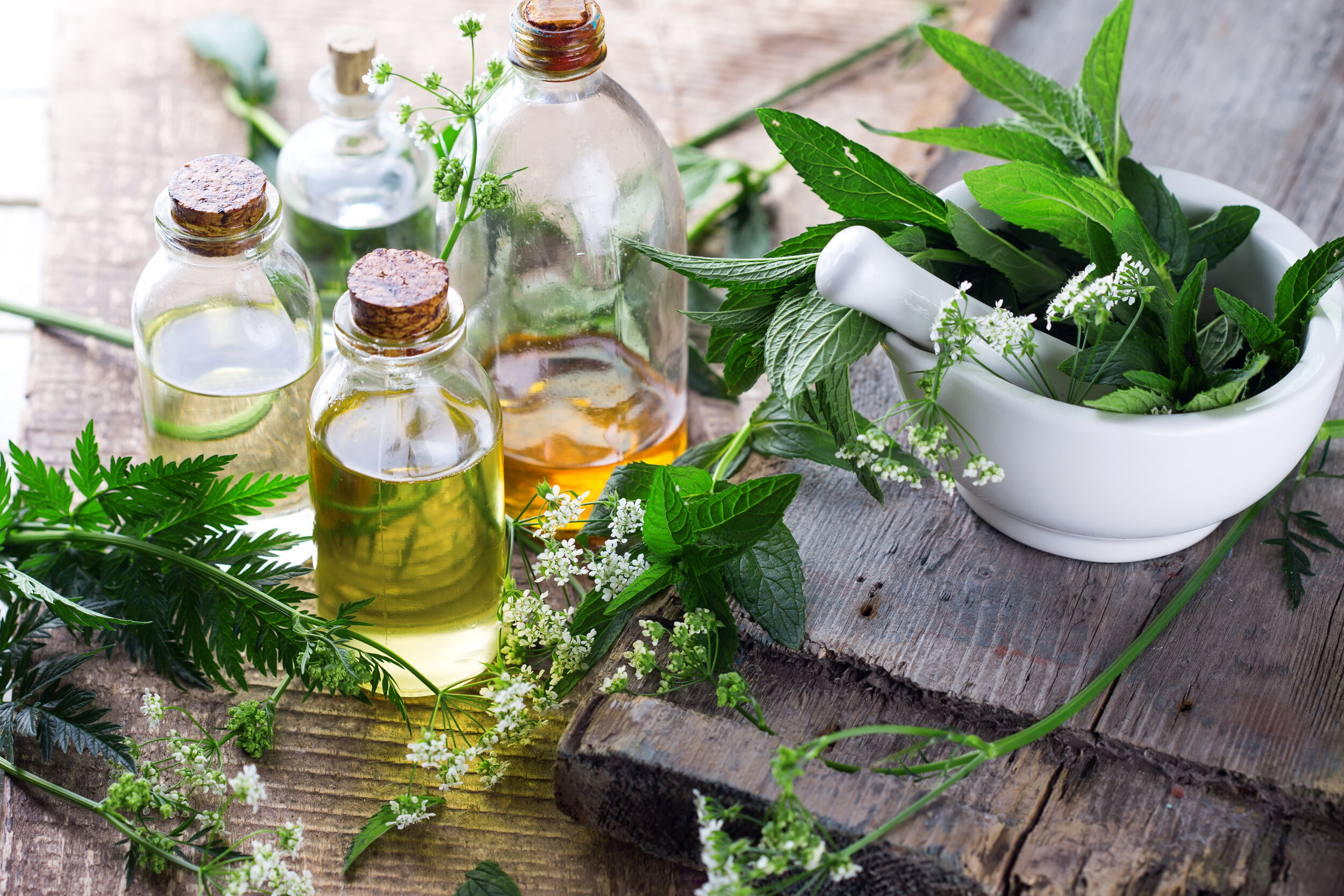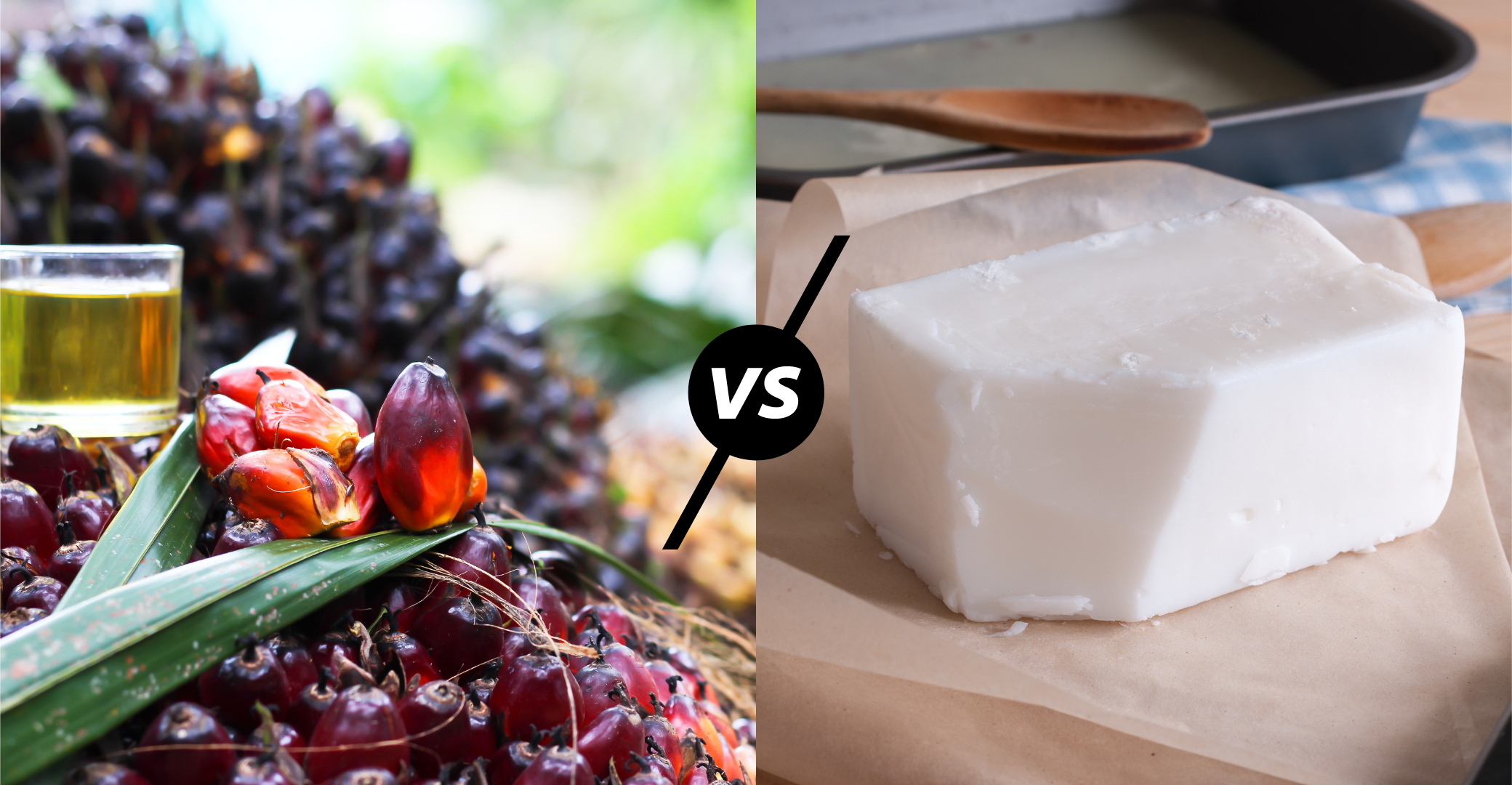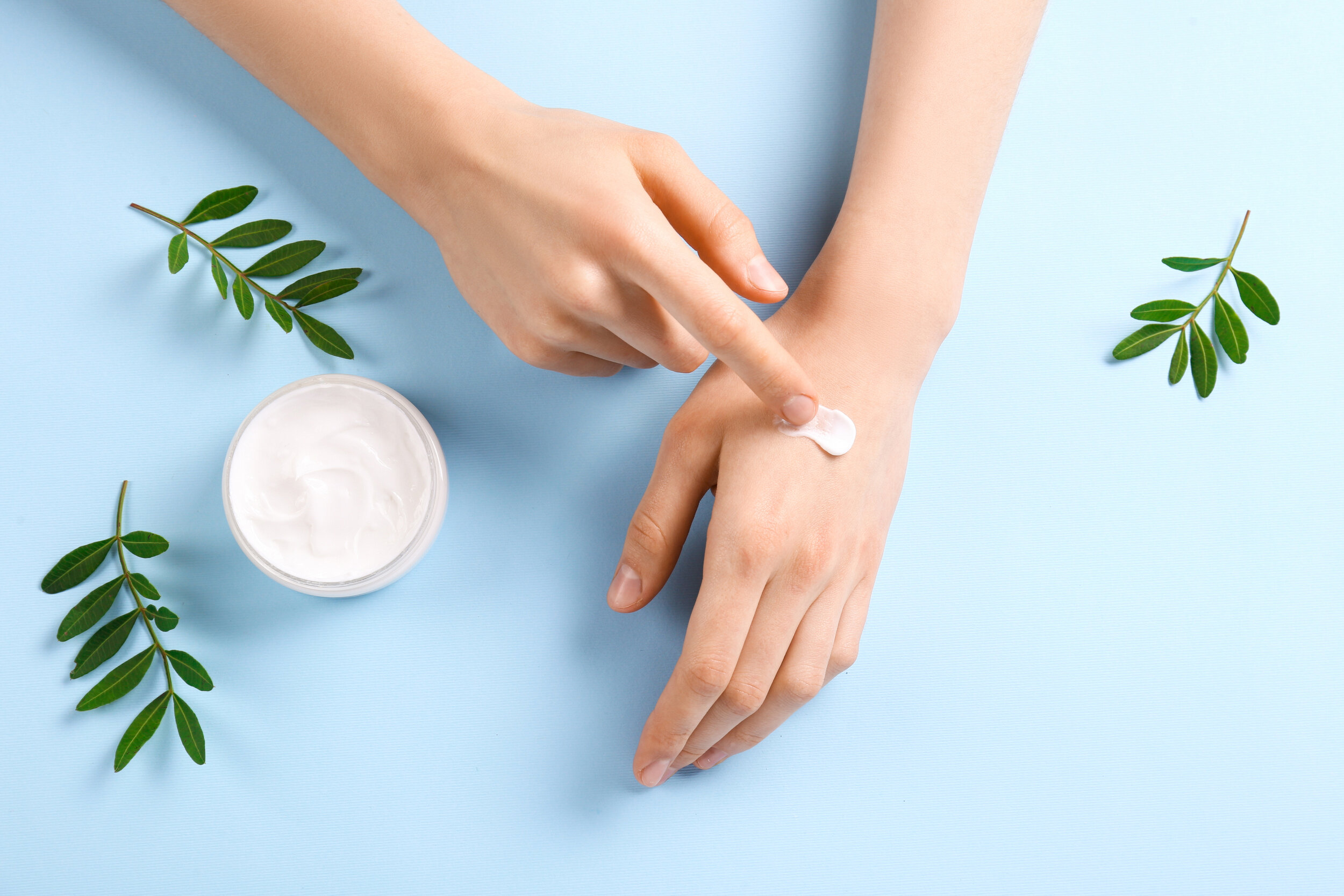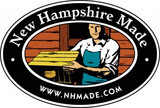Most of us have heard of grass-fed cattle and understand it to be a healthier option, but does it actually mean, and how do we know it is the best choice? Having so many options can be confusing especially when we don’t know the differences and technicalities in each. For example, grass-fed, and pasture-raised may seem like the same thing, but there are small differences that can make a huge impact when it comes to the products you use or the food you eat.
What are feedlot cattle or conventionally raised cattle?
All cattle in the United States begin on the pasture. Calves are pasture-raised for six months to a year, and once they are weaned (separated from their mothers) and vaccinated, they are auctioned and moved to a feedlot.
When cattle are grown on a feedlot the primary focuses are efficiency and growth of the animal, but nutrition and health are also important. The main purpose of feedlots is to help the animal reach a certain weight as efficiently as possible. This happens through providing a steady, high-energy diet and managing the cattle to minimize health problems and stress. One major part of this equation is to lower the amount of energy the animal spends trying to find food and direct that to growth.
Once the cattle are in the feedlot they are vaccinated, ear-tagged, and started on a high forage diet. The longer they are in the feedlot, the more their diets become concentrated with grains and high-energy products. This diet along with cortisol from stress, allows the cattle to gain weight exponentially in the feedlot. This makes the overall harvesting process fast and cost-effective.
This fast and cost-effective method still comes with a high moral price tag. The cattle in feedlots are often shoved by the thousands into small, dirty spaces, fed poor quality food, and offered little to no exercise. These cattle aren’t even provided the sight of the outdoors in most cases and mistreatment is common as well.
It is no wonder that these harsh conditions and poor dietary options result in cattle with significantly less nutrients than the other methods. In fact, grain-fed cattle have four times less vitamin E and unhealthy ratios of omega-6 to omega-3. This unhealthy balance can lead to serious health conditions.
Feedlot cattle are raised efficiently for mass production, but the ethics, nutrition, and quality are lacking. With that being said, it is a cheaper meat option, but it isn’t the healthiest option for your body or the most ethical choice for consumption.
What are grass-fed cattle?
Grass-fed cattle spend the majority of their lives eating grass and foraging in pastures, but it doesn’t necessarily mean the cow was fed a grass diet their entire lives. If the cattle have spent the majority of their life eating grass, no matter how it is finished, means it can be labeled grass-fed.
In other words, as long as the cow was fed greenery at one point in its life, it can be labeled as grass-fed beef. However, grass-finished beef means the cow was fed grass — and nothing but grass and plants — for the duration of its life.
So when choosing a grass-fed beef product, it is important to note whether it was grass-finished or grain-finished because each yields a different outcome.
What are grain-finished cattle?
Grain-finished cattle, like grass-finished, spend the majority of their lives eating grass and foraging in pastures. However, these cattle are “finished” with grain and corn before they are harvested. When beef is grain-finished, cattle are free to eat a balanced diet of grain, local feed ingredients, and hay.
So in this case, the cattle were started and spent the majority of their lives on a grass-fed diet and may have been fed grains for the remainder of their lives. The term for this is actually grass-fed, grain-finished beef.
These cattle still end up in the feedlot for the remainder of their life, producing cortisol and eating grain to produce more fat. While this is a slightly better option than conventionally raised cattle, it is still ethically questionable and leaves the cattle with less nutrients and a higher fat content. Ultimately, this leads to lower quality meat with more fat, more chemicals, and fewer nutrients.
What are pasture-raised cattle?
Pasture-raised cattle refers to cattle that live and feed on a pasture their entire life. Not all pasture-raised cattle are grass-fed. Some pasture-raised cattle are still fed grains while on the pasture. This typically happens in colder climates when there isn’t enough grass or hay available on the pasture.
While there are pasture-raised cattle that are 100% grass-fed, it is not always the case. We need to be mindful of what the cattle eat and where. The benefit of pasture-raised cattle is that it gives the cows a chance to be cows. They have the freedom to wander, lots of space to graze, and are treated well by the farmers who raise them.
If raised properly pasture-raised cattle will typically have less cortisol and can be nutrient-dense if they’re grass-finished. Pasture-raised cattle that are grass-finished are an ideal choice for beef products.
What cattle does The Healthy Porcupine use? What cattle should you choose?
All of our suet comes from grass-finished cattle. We choose grass-finished cattle that are pasture-raised. We get our suet sourced locally in the Northeast, courtesy of Walden Local Meat. They are located in Billerica, Massachusetts, and provide beef and dairy products to businesses throughout the Northeast. By obtaining our suet locally, we can ensure that the cows are treated humanely, graze freely, and live happily. It is important to us that we make high-quality soaps in the most humane way possible. We choose to use Walden Local Meat’s suet in our soaps because it is sourced from several local farms that provide 100% grass-fed, pasture-raised beef suet rich in nutrients, perfect for our all-natural tallow soaps.
The tallow we make from this suet contains healthy amounts of vitamins A, D, E, K, and B12, which can all be beneficial to your skin health and appearance. Choosing a soap or a product with grass-finished cattle is a great way to ensure you get a nutrient-rich product that is good for your body. No matter what you choose, always try and make the right choice for you. We want to make sure you have the knowledge you need to opt-out of the chemical lifestyle and move on to better you.


























